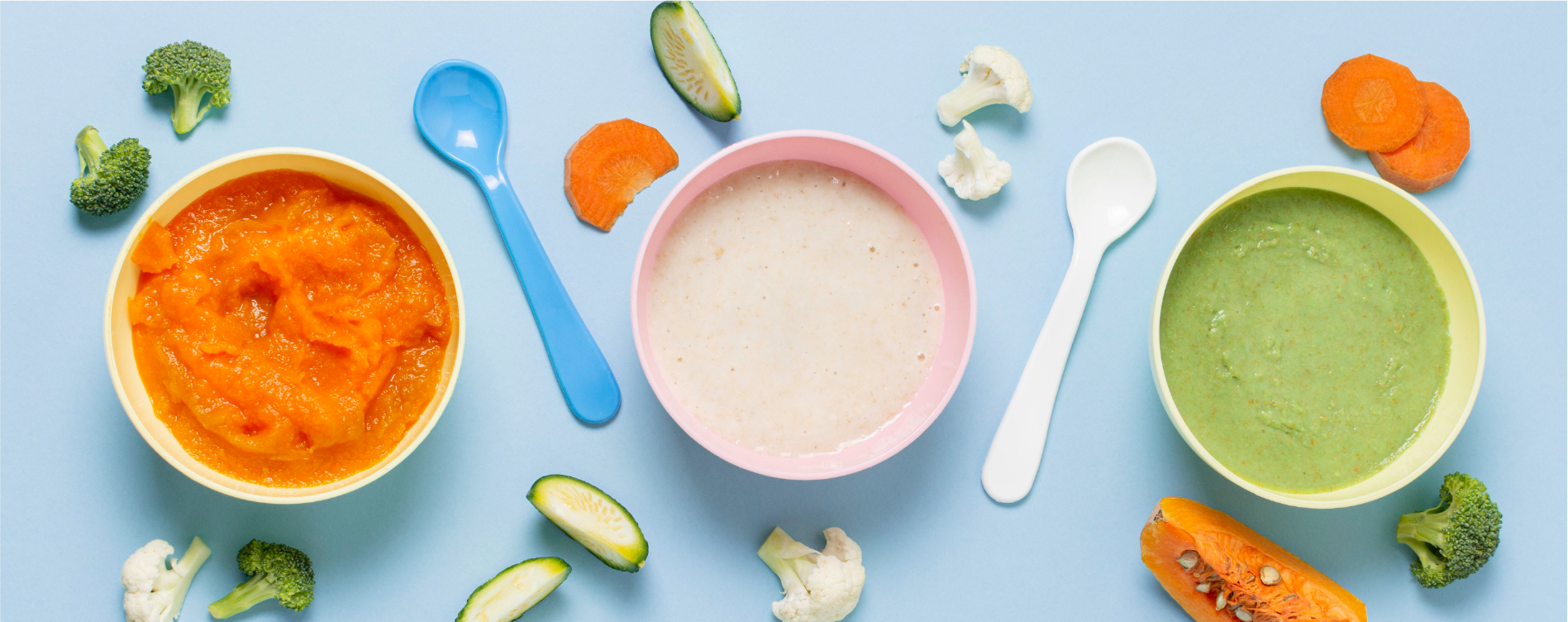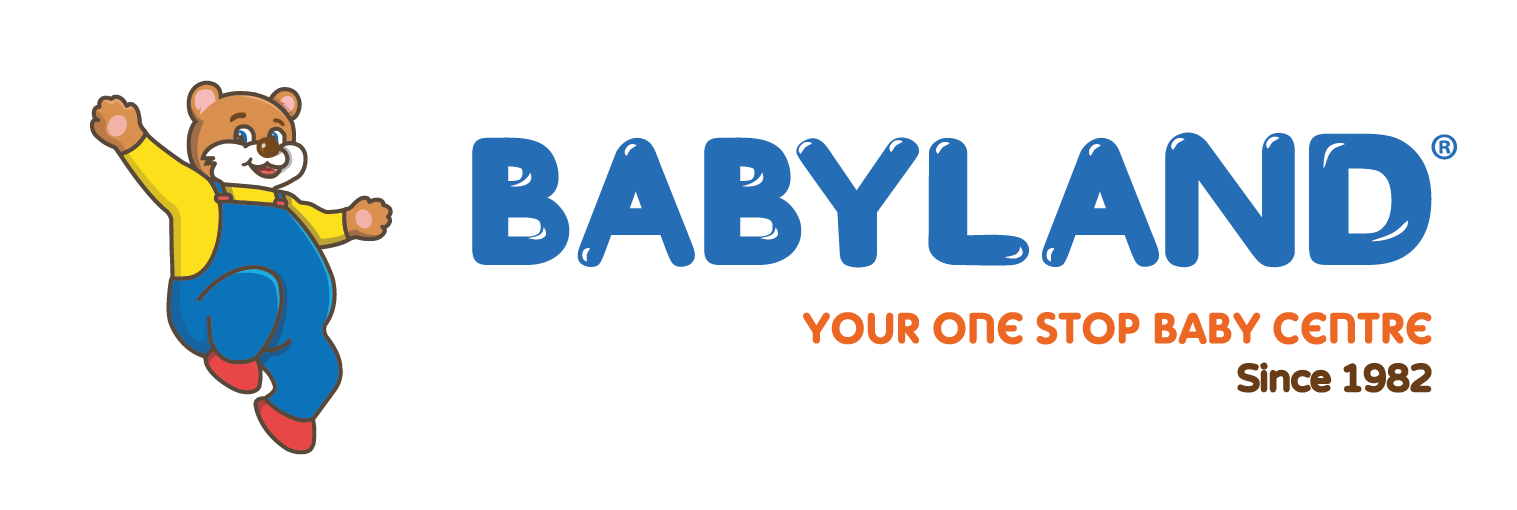
Here are some important do's and don'ts to keep in mind when starting solids for your baby:
Do's:
-
Introduce solid foods when your baby is around six months old. Before this, their digestive system is not mature enough to handle solid foods.
-
Start with simple single-ingredient purees, such as rice cereal or pureed fruits and vegetables, and gradually introduce new flavors and textures.
-
Offer a variety of healthy foods to ensure your baby gets all the nutrients they need. It's important to offer a mix of fruits, vegetables, whole grains, and lean proteins. You may consider brands such as little baby grains, eatalian express vegetable pastas and little blossom cereals.
-
Continue to breastfeed or formula feed your baby on demand. Important to note that solid foods are meant to complement, not replace, breast milk or formula.
-
Observe your baby's cues and let them guide how much and what they eat. Don't force them to eat if they are not interested.
Simple purees such as little etoile organic baby puree, they are more than just organic as they employ "whole system organic compliance", which means that everything from the soil the crops are grown in or harvested on, right through to the manufacturing, packaging and handling stages, complies with a comprehensive accredited organic system.
Don'ts:
-
Don't introduce solid foods before six months of age, as this can increase the risk of food allergies, digestive problems, and choking.
-
Don't offer foods that are high in sugar, salt, or unhealthy fats, such as candy, chips, or fried foods.
-
Don't give your baby honey until they are at least one year old, as it can cause infant botulism.
-
Don't give your baby cow's milk as their main drink until they are one year old, as it can cause digestive problems and anemia.
-
Don't leave your baby unsupervised while they are eating, as this can increase the risk of choking. Always sit with them and watch them closely.

